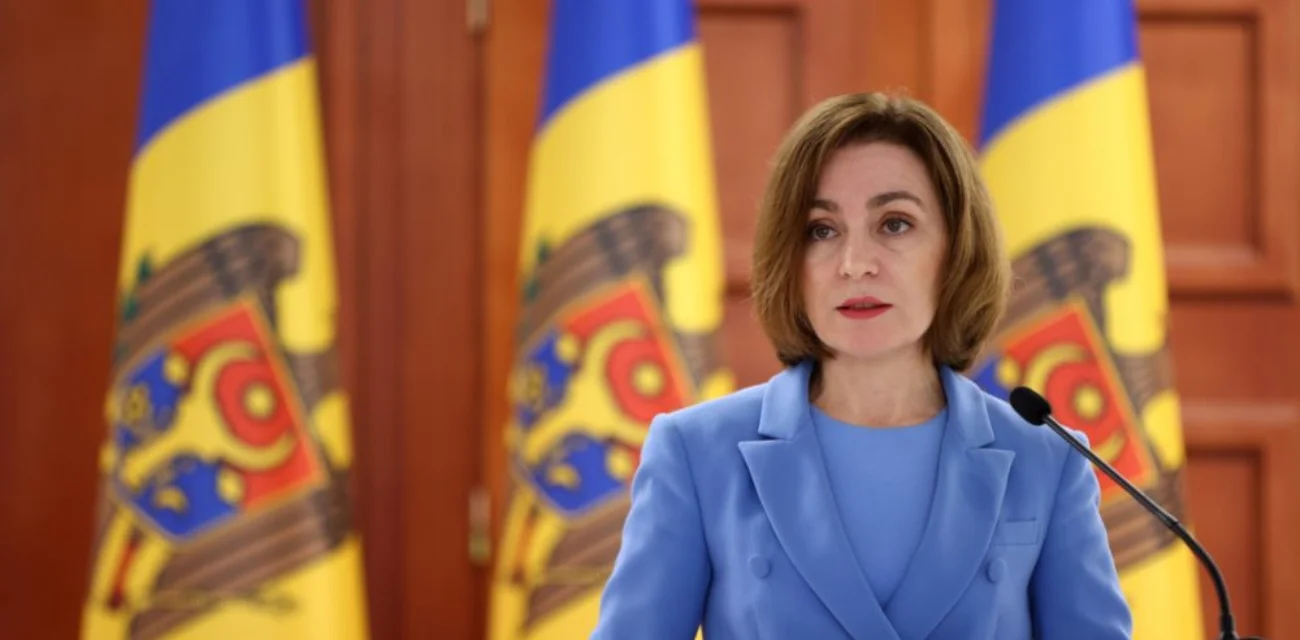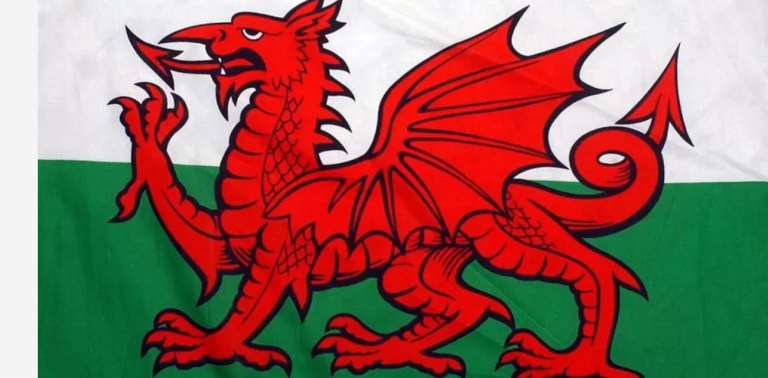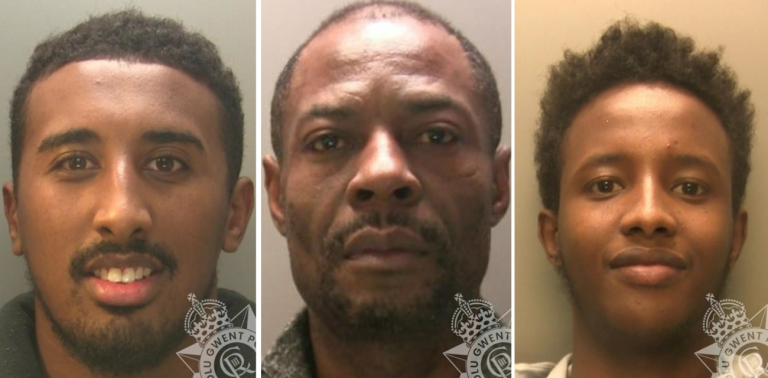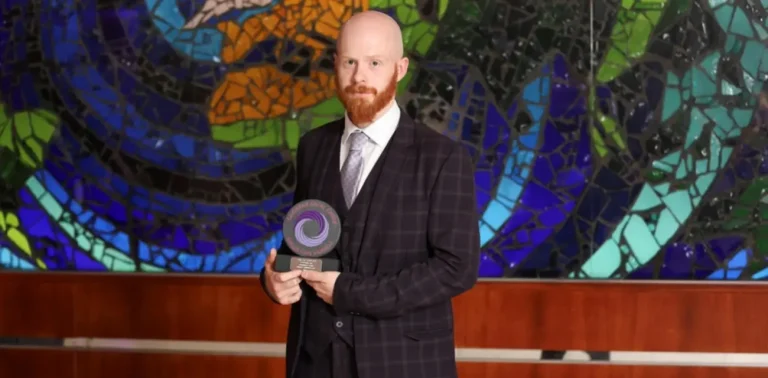Moldova is witnessing a decisive presidential runoff today, with citizens casting their votes amid serious allegations of fraud that have clouded the electoral process. The contest features incumbent pro-Western President Maia Sandu and her challenger, Alexandr Stoianoglo, a former prosecutor general who has gained support as a more Russia-friendly candidate. The stakes are high as the presidency wields substantial power over national security and foreign policy.
In the first round of voting on October 20, Sandu secured 42% of the votes but fell short of the outright majority needed to avoid a runoff. Stoianoglo surprised many by garnering nearly 26%, outperforming expectations. A recent poll by research firm iData suggests a neck-and-neck race, with Sandu potentially edging out her opponent thanks to support from Moldova’s extensive diaspora.
This diaspora has already demonstrated its influence, participating in a recent referendum where 50.35% favored EU membership—a move that has irked the Kremlin. However, both the referendum and the current election have been marred by allegations of a significant vote-buying scheme and voter intimidation tactics.
Prime Minister Dorin Recean has voiced concerns about threats made to voters, stating, “People throughout the country were receiving anonymous death threats via phone calls.” He described these actions as “an extreme attack” intended to instill fear within the electorate. “These acts of intimidation have only one purpose: to create panic and fear,” he assured citizens that the state would protect their rights.
The alleged vote-buying scheme, reportedly orchestrated by exiled oligarch Ilan Shor, involves accusations of $39 million being funneled through an internationally sanctioned Russian bank to voters. Shor, who has been convicted in absentia of fraud, denies all allegations. Law enforcement has conducted extensive investigations, leading to hundreds of searches and the seizure of more than $2.7 million in cash.
Instances of voter coercion have also emerged, particularly in Gagauzia, an autonomous region of Moldova. Reports indicated that a physician was detained for pressuring elderly residents to vote for a specific candidate. Local clergy have urged participation in the electoral process, with one priest stating, “We must go and vote. … The church always prays for peace.”
The political landscape remains fraught, with a criminal case launched against 40 state agency employees for alleged electoral bribes. Cristian Cantir, an international relations expert, emphasized that regardless of the runoff’s outcome, geopolitical tensions are unlikely to ease, predicting heightened polarization as Moldova approaches its 2025 legislative elections.
As polling stations close at 9 PM local time, the outcome of this election could significantly impact Moldova’s path toward European integration and its strained relations with Russia, especially in the wake of the Ukraine conflict.







